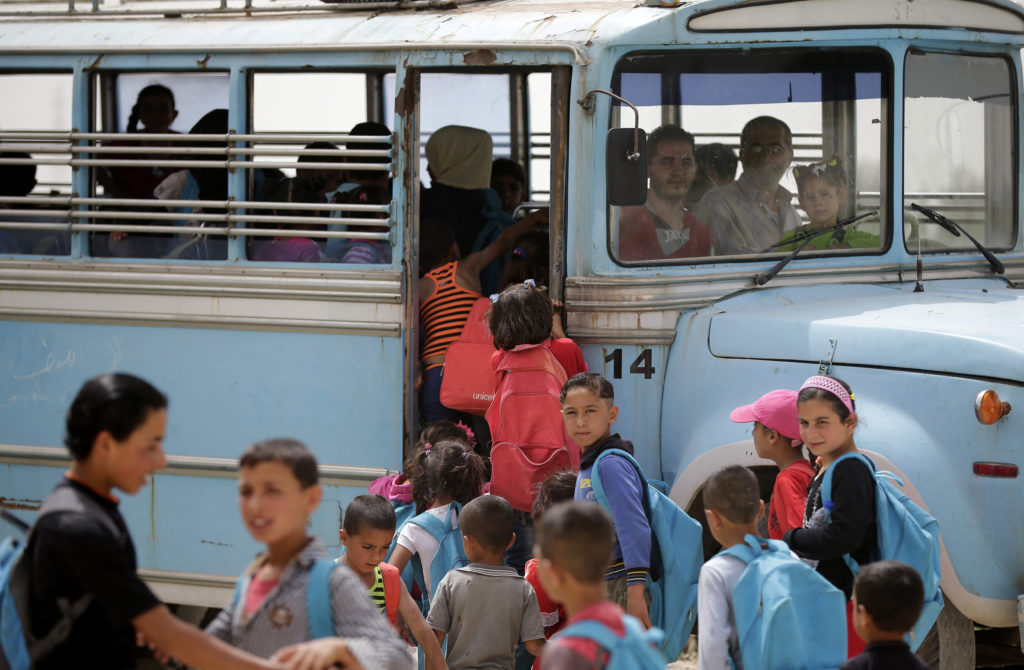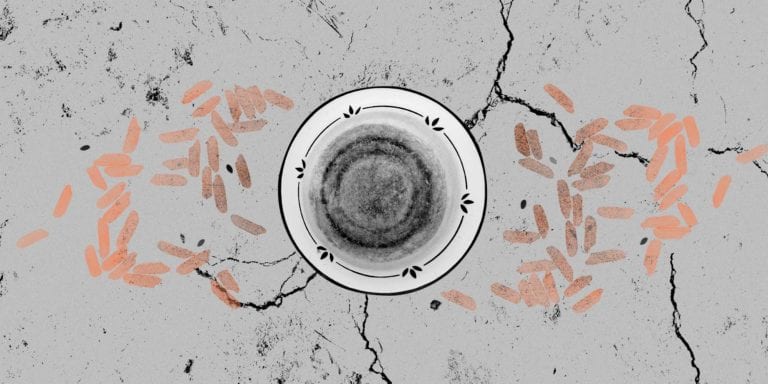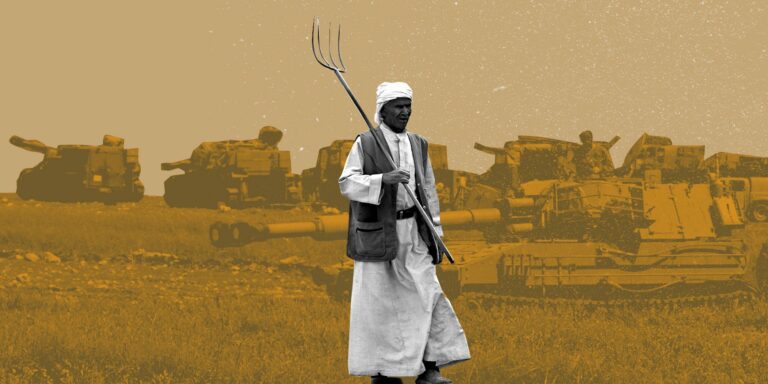As Darren Zuaiter, carrying her six-month-old daughter, was leaving her brother’s wedding in the town of Iaat in the eastern Bekaa Valley, a gunman appeared and shot her. Darren died in front of her family with her baby in her arms.
The crime occurred one day after the killing of policeman Alaa Ibrahim in Bourj Al-Barajneh in Beirut, due to his alleged participation in the killing of Hussein Zuaiter last year.
This despite an investigation that deemed Alaa innocent and led to the arrest of another suspect. According to his relatives, he was “a creature that does not harm an ant.”
The two crimes once again open the debate over acts of tribal revenge, which seem on the increase, as the state finds itself in a growing state of collapse.
“Taking revenge and avenging our collective dignity after an injustice is a natural right that cannot be waived,” said 60-year-old Hussein S., a member of the main clans in the northern Bekaa. “There is no deterrent to wrongdoings other than a counter-attack which should be considered legitimate self-defense.”
Hussein recalled how Maarouf Hamiyah, two years after the killing of his son Muhammad, who was one of the soldiers kidnapped by Syrian rebels in 2014, avenged him by killing the brother of Mustafa Al-Hujairi, “Abu Taqiya,” because of the latter’s involvement in the kidnapping.
Read Also:
Forced to Flee
Ahmed A. (27), who lives in a small town in the western Bekaa, did not agree with the blood-for-blood mechanism Hussein defends.
“Tribal logic cannot govern our present nor our future,” said Ahmed. “It randomly targets innocents who have no direct connection to the crime that called for revenge, except for belonging to the perpetrator’s family. And it plunges the two parties into a, open and never ending spiral of killing.”
He added that the spread of revenge killings was one of the main reasons for stigmatizing the people of some areas with barbarism, while they are in fact the first victims of the phenomenon, which continues to threaten entire families over generations. “I have friends who were forced to leave their family homes to escape from the revenge that haunts them or from social pressure to avenge one of their relatives,” said Ahmed.
“Reducing vendettas is not a priority.”
Lebanon’s security services are confused in their handling of the tribal vendettas. On the one hand, they need to maintain security, while on the other they try to respect the clans, their customs and traditions, to avoid clashes.
The current state of insecurity, due to economic collapse and absence of government, has bolstered the tribes’ sense of impunity.
Sources in the Internal Security Forces told Darj they fear not only revenge killings, but the high rate of crimes in Lebanon in general. Dr. Jamal Zuaiter, professor at the College of Arts and Human Sciences, for the greater part blamed the Lebanese state. Through its absence, it has given way to the growing rule of the clans.
However, he added one cannot separate the increase in retaliations from other developments, such as the wider security breakdown, the proliferation of licensed and unlicensed weapons, and the judiciary, which has never severely punished tribal perpetrators. There are some local initiatives that try curb the menace.
“We have established several reform committees in the Baalbek-Hermel region,” said Dr. Zuaiter. “And they are doing fairly good work to seek peaceful solutions between rival clans.” However, the effort will remain incomplete, unless the state keeps up by committing security forces on the ground and conducting awareness campaigns.
Old Habits Never Die
“The concept of revenge is a custom inherited from before the Jahiliyya [the age before the arrival of Islam],” said lawyer Hani Suleiman. “It used to be entrenched in tribal society. For the clans it is a natural response defend themselves, and to establish themselves, their power and authority, in the areas under their control.”
The custom is still widespread in Lebanon’s interior and mountainous areas, where the clan still rules and does not pay attention to the state.
Clan pressure plays a role in pushing individuals to take revenge, which is considered both a right and a duty. Someone refusing to do so may lose his right to belong.
Suleiman considers revenge a social phenomenon. It is one of the tribal customs most entrenched, because it seeks to achieve, what it considers, social stability and continuity. Negating revenge is a form of collective suicide. And thus revenge becomes an “endless legacy.”
Finding a solution to the bloody dilemma will be hard, especially as the security forces in the current circumstances do not deem tribal revenge a priority.
Read Also:









